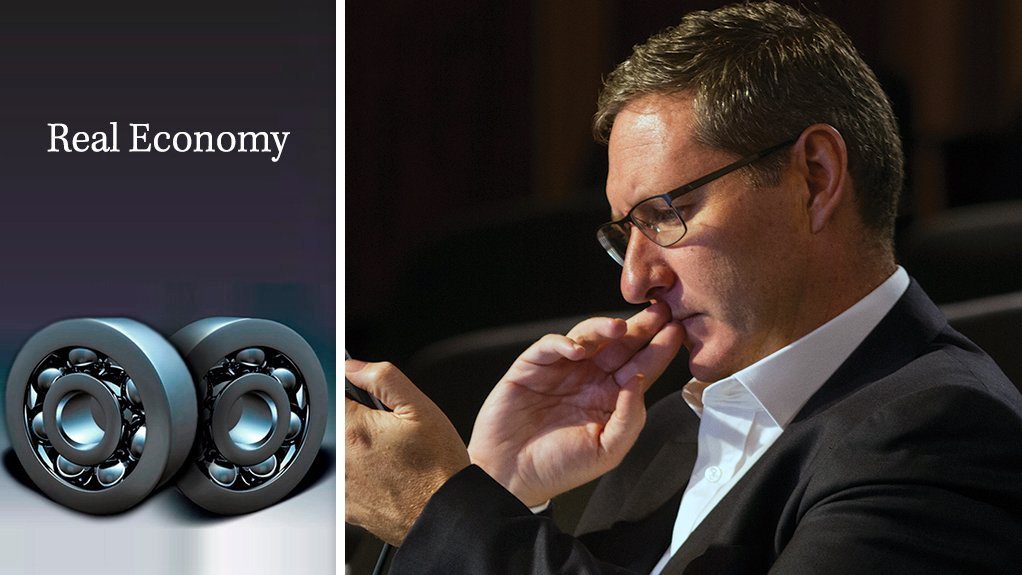One of the most hotly contested technical points debated during the National Energy Regulator of South Africa’s (Nersa’s) nationwide hearings into Eskom’s application for allowable revenue of R863-billion for the coming three-year period related to the elasticity of electricity demand.
Eskom is requesting allowable revenue of R219-billion for 2019/20, R252-billion for 2020/21 and R291-billion for 2021/22, which, if granted, would translate into tariff increases of 17.1%, 15.4% and 15.5% respectively for the three years included in the fourth multi- year price determination period. These hikes do not include the 4.41% Regulatory Clearing Account (RCA) increase already scheduled for introduction from April 1 and which will be sustained in the tariff base for four years. Nor do they accommodate any additional claw-back that could arise from Nersa’s evaluation of a further RCA application for the 2017/18 financial year.
The utility never denied that higher tariffs would have a dampening effect on demand, but contested the view that its proposed hikes would result in a material defection of industrial customers or households. Eskom drew on a National Treasury study to support the proposition that demand is relatively inelastic. The study reportedly shows that price elasticity of demand would be less than 0.5 percentage points in the event of a 15% tariff increase. In addition, it argued that a reluctance to raise prices towards cost reflectiveness would deny the utility the ability to fund the investments and maintenance required to sustain an adequate security of supply. “An inadequate security of supply has more negative repercussions to economic growth and social welfare than a tariff increase.”
The message from Eskom’s major customers took on a starkly different tone, however.
The Energy Intensive User Group (EIUG), which represents 30 of Eskom largest industrial and mining customers, cautioned that affordable prices were vital for limiting financial distress and business closures. “Any additional cost burdens on the economy from electricity prices will have a devastating impact on any growth shoots, impact negatively on employment and have the added effect of driving down electricity demand. These factors not only imperil the shrinking labour force, [but also] imperil tax receipts, which impacts government’s programmes, and . . . Eskom’s continued survival,” the EIUG said in its submission.
Likewise, the Steel and Engineering Industries Federation of Southern Africa, which represents 25 employer associations with a combined membership of 2 160 firms, warned that the proposed hikes could undermine the utility’s financial sustainability, which is “inextricably linked to the financial sustainability of its customers”.
The South African Local Government Association (Salga), whose members owe Eskom billions in outstanding payments for electricity, drove this message home: the proposed hikes would make it more affordable for affluent customers to go off-grid, and would accelerate own-generation investments by commercial enterprises, which would further negatively affect municipal and Eskom sales volumes.
Customers are not always right, but, in the current dire context, it is surely in Eskom’s best interest to pay particular attention to what they are saying.
EMAIL THIS ARTICLE SAVE THIS ARTICLE ARTICLE ENQUIRY
To subscribe email subscriptions@creamermedia.co.za or click here
To advertise email advertising@creamermedia.co.za or click here











